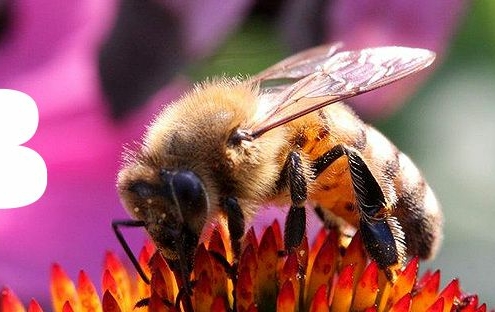
Do we have a moral obligation to save wild bees?
RevisitOnly 2% of wild bees do 80% of the pollination. Should we still save the other 700 species? The debate is not just ecological – it’s moral vs economic.

The complexity of history: Beyond cause and effect
RevisitHistory isn’t just a chain of causes and effects – it’s a web of infinite necessities, chance encounters, and transformative experiences. The American Revolution wasn’t inevitable, but it became so. Aldo Matteucci examines.

Part 5: Rethinking legal governance in the metaverse
humAInism Internet governance and digital policy, Artificial Intelligence, Infrastructure Are we stuck in a ‘Groundhog Day’ of tech governance? The metaverse and AI demand new legal approaches, yet outdated regulations keep us in a cycle of repetition. Can we break free and build adaptive governance for the digital age?

Part 4: SDGs as ethical, human rights-based, and technological boundaries of the metaverse
humAInism Internet governance and digital policy, Artificial Intelligence, InfrastructureCan the SDGs serve as guardrails for metaverse development? In Part 4 of her blog series, Dr Anita Lamprech examines how human rights, ethics, and digital policies must evolve alongside immersive technologies.

What can the Amazons teach us?
RevisitThe Amazons were real. DNA from warrior burials across the Eurasian steppes proves many were women. But what do they teach us about society? Aldo Matteucci examines.

Redefining cyber threats: U.S. digital diplomacy takes a new turn with Russia
Cybersecurity, Trump Cybersecurity, Diplomatic policy analysis, Geopolitics UpdatesThe Guardian highlights a significant shift in U.S. digital diplomacy, as the U.S. refrained from labeling Russia a cyber threat at a UN cybersecurity meeting, omitting it alongside China and Iran. This departure from longstanding rhetoric, coupled with the absence of references to allies, signals a strategic recalibration.

The evolution of diplomacy: From personal ties to institutional networks
Revisit History of diplomacyOnce, diplomacy was a game of kings, queens, and marriages. Now, it's a world of sub-federal actors, corporations, NGOs, and diasporas. The ambassador is no longer the sole conduit of statecraft – just one node in a growing network. Aldo Matteucci writes.

Part 3: ‘Readiness across the spectrum: Countries’
humAInism Internet governance and digital policy, Artificial Intelligence, InfrastructureHow ready are countries for the metaverse? Nations are taking different approaches – state-led, industry-driven, or hybrid models. Where does your country stand? Dr Anita Lamprecht explores.

The USAID’s closure: Soft power at a crossroads
blog, Trump Public diplomacy, Academic diplomacy, Diplomatic policy analysis, Soft power diplomacy BlogsThe closure of USAID marks an important shift in U.S. foreign policy, potentially weakening American soft power and leaving a vacuum that rivals like China may exploit. As global diplomacy evolves, questions arise about the future of influence, public diplomacy, and the role of digital networks in shaping international relations.

Part 2: ‘CitiVerse: Turning the world into a global village (or rather sandbox?)’
humAInism Internet governance and digital policy, Artificial Intelligence, InfrastructureThe CitiVerse Initiative is testing how AI, digital twins, and virtual worlds can enhance urban life. Can this technology-driven approach create more inclusive and sustainable cities? Dr Anita Lamprecht explores

